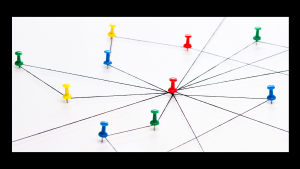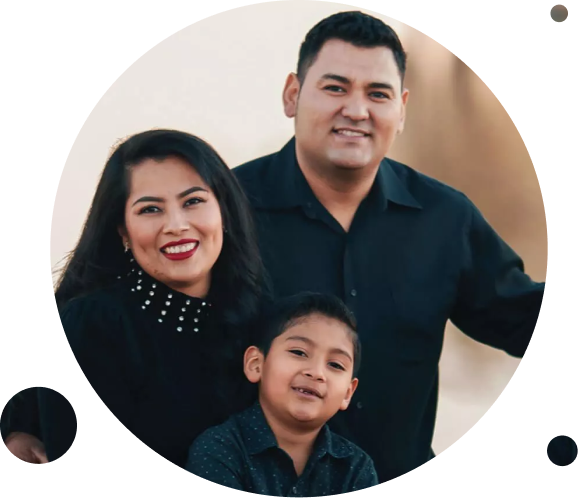Can all people with the same last name be related?

Given how surnames are passed down from generation to generation, it’s easy for a person to speculate that there must be some kind of relationship between them and another person with the same last name. It is a natural question to ask: “Is everyone with the same last name related?”
Intuitively, we understand that this is probably not the case a hundred percent of the time. But all the same in this article, we dive a little deeper into this question. Are people with the same last name related? And if not, why do people have the same last name?
What are the odds of being related to someone with the same last name?

It’s difficult to get a conclusive answer to this question without first setting some parameters. And even then, There are other variables that should be taken into consideration. How common is the name in question? What is the history of the family that has that name? Have they, for example, always lived in more or less the same location? What is the name’s origin? Does it refer to a place, a profession – like Smith, or is it merely descriptive of a person’s physical characteristics – the surname Strong, for example?
The likelihood of sharing a relationship with somebody who also has your surname increases if the name is an uncommon one. This includes common names that have a unique spelling. It’s worth researching your family history to determine the origins of your surname. It often turns out that shared ancestors may have lived in a particular area for a few generations. Go back far enough, and you may just find a link between your two families.
How do unrelated people share the same last name?

The more common or generic the surname – think occupations, common objects, physical characteristics, and so on – the less likely it is that the people who share it are related. Such names may have been given to people in the past without them sharing blood lines.
In contrast to those names that are tied to some sort of location or event in the past – the name of a town for instance, generic names are not necessarily connected by any special event. There’s a whole range of possibilities that could have led to any random person being named Rock, Cook, or Short, without those people actually being related.This makes it entirely possible that two people with no relation to each other could by chance share the same name.
How to find out if you are related to someone with the same last name?

With all the genealogical tools available today, it is easier now to determine the roots of your surname than it has ever been. There are online family origin Finders, surname websites, end books on surname Origins.
Even without specialized tools, you can start with simple things like interviewing your closest relatives and older members of your family to find out whether or not they know what your surname means, and where it came from.
If documentation is available, like a detailed family tree for example, this would also offer a valuable resource in determining the origin of your surname. Bear in mind that centuries ago, spelling may not necessarily have been a forte of those who recorded your family history. So keep an open mind for misspellings and different variations of your surname.
If you’re able to, a surefire way to determine common ancestry is to investigate the question using DNA – genetic genealogy. Since surnames are passed down paternally, ancestors share Y-DNA with their sons. Y-DNA tests would verify this. If you’re female, you would need to have a male relative take the test.
Conclusion
There are many gray areas in genealogical research and determining the history of your surname, and by extension, a possible familial relationship with somebody who shares it, is just one of many questions that always has a wide range of possible answers. However, with the simple tips that we’ve provided here, tracing your ancestry should become a bit more straightforward.
We encourage you to take advantage of the Treemily family tree visualizations tool and commemorate your lineage today.





